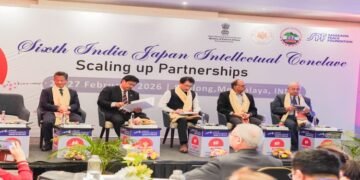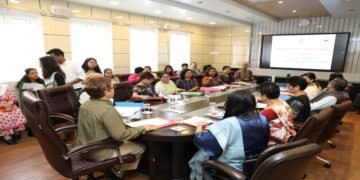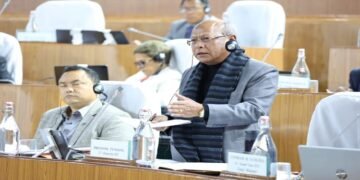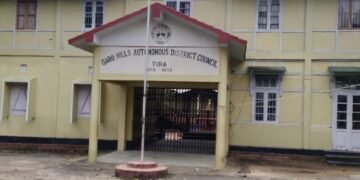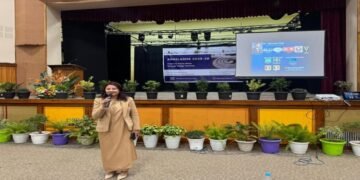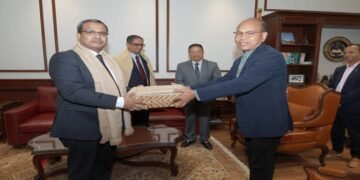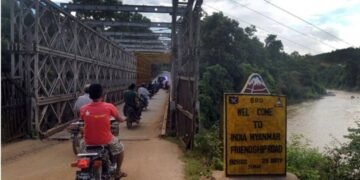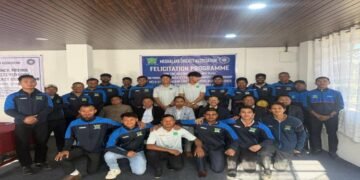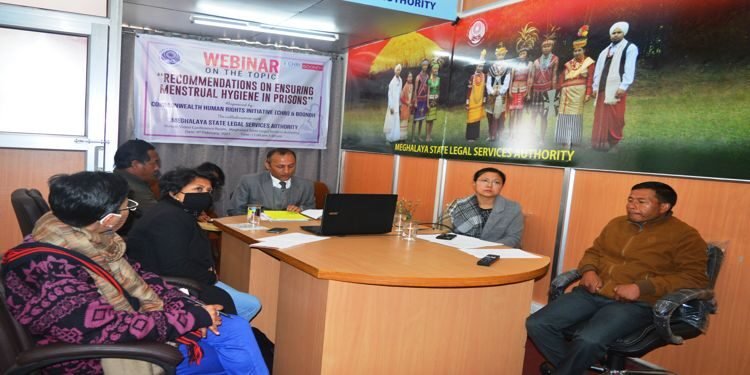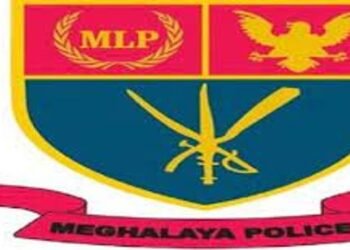Shillong(Meghalaya), Feb 9: Drawing attention to the need of ensuring menstrual health standards in prisons for women prisoners and women prison staff, a webinar on “Recommendations on Ensuring Menstrual Hygiene in Prisons” was held today in the office of the Meghalaya State Legal Services Authority (MSLSA), here . The programme was organised by the Commonwealth Human Rights Initiative (CHRI) in collaboration with Meghalaya State Legal Services Authority.
N. A. Khan MHJS, DSJ, DLSA and Member Secretary MSLSA informed that in Meghalaya there are 983 prisoners in District jails out of which 19 are female. Despite the low number, Khan reiterated that the fundamental rights of women with regard to their menstrual hygiene should not be undermined.
Adding that Section 55 A of the CRPC imposes a statutory obligation on the statutory authority vested with the power to take custody of a person to take care of the health and safety of the accused person, he said that jail authorities and the police department need to be sensitized about their role in ensuring that basic minimum standards are complied with during detention of women in all police stations and district court lock-ups in the state. Stating that to this date menstruation is still perceived with a great deal of taboo and superstition, he stressed on the importance of understanding the biological aspect of menstruation so as to dislodge the taboo that surrounds this normal phenomenon.
Stating that the Model Prison Manual 2016 stipulates that ‘sterilised sanitary pads should be issued to women prisoners as per their requirements’, he informed that in the year 2010, the Government of India through the Health Department had launched a scheme to provide low-cost sanitary napkins to women prisoners and hence suggested that the scheme should be taken advantage of.
Papers presented during the programme included, Menstruation as Biological Phenomenon and Range of Disposal and Reusable Products by Pratyusha Varanasi; Women Enclosure and Role of Non-Menstruating Ally in Prison Ecosystem by Bharati Kannan Founder Boondh.
Over 30 participants consisting of representatives from the Social Welfare Department, Superintendent of Observation Homes, Superintendents of District Jails, Panel Lawyers, para legal volunteers, Chairman and Secretary of District Level Services Authorities, took part in the programme.





